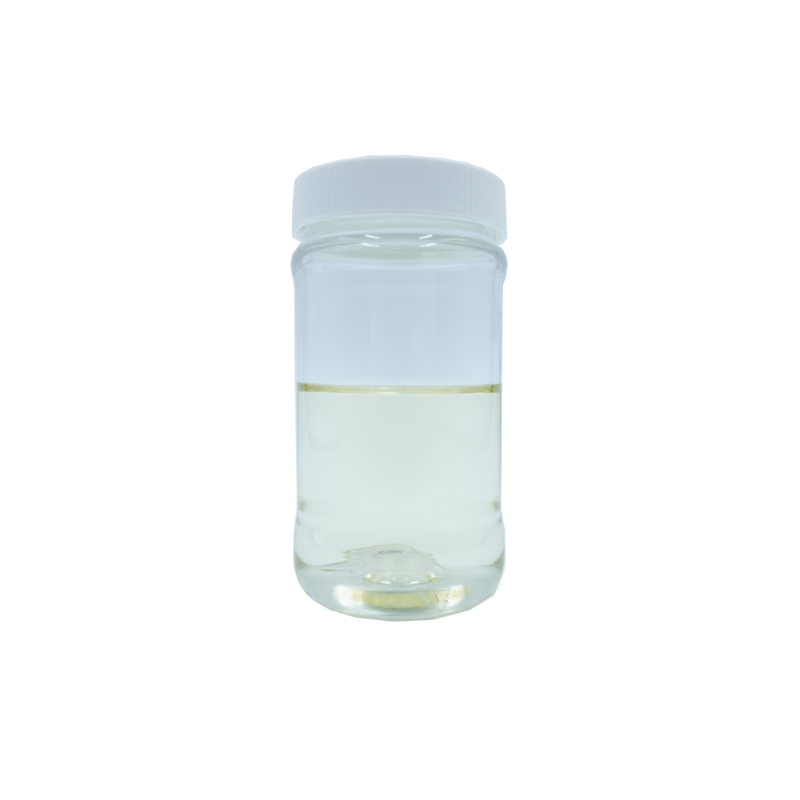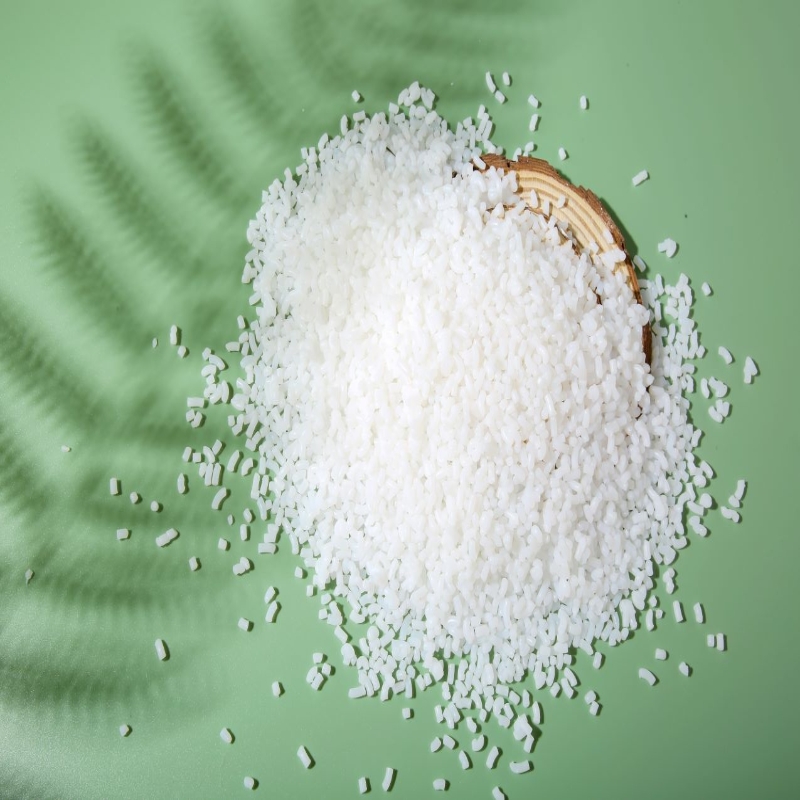-
Categories
-
Pharmaceutical Intermediates
-
Active Pharmaceutical Ingredients
-
Food Additives
- Industrial Coatings
- Agrochemicals
- Dyes and Pigments
- Surfactant
- Flavors and Fragrances
- Chemical Reagents
- Catalyst and Auxiliary
- Natural Products
- Inorganic Chemistry
-
Organic Chemistry
-
Biochemical Engineering
- Analytical Chemistry
-
Cosmetic Ingredient
- Water Treatment Chemical
-
Pharmaceutical Intermediates
Promotion
ECHEMI Mall
Wholesale
Weekly Price
Exhibition
News
-
Trade Service
"
is rapidly and rigorously implementing a range of strategic growth actions."
the second quarter of 2019, the economic environment is challenging for BASF. Dr. Dr. Bo, Chairman of BASF Europe's Executive Board of Directors, "The current situation is one of high uncertainty, low visibility and unpredictable conditions," Martin Brudermueller said in
. The company's second-quarter results clearly show this. "
's earnings before interest and tax (compared to the first half of 2018) for all of BASF's business areas in the first half of 2019:
's sales fell 4% to EUR 15.2 billion compared to the second quarter of last year. Prices fell 2%, mainly due to isocyanate and cracking products business. Sales fell 6%. Sales declined in all business areas except nutrition and care, most notably chemicals and agricultural solutions. This was mainly due to maintenance arrangements for steam cracking units at the Port Arthur, Texas, base in Belgium and the United States, while adverse weather conditions in North America affected sales in the Agricultural Solutions business. The acquisition of the seed and non-selective herbicide business from Bayer has resulted in a positive portfolio effect of 2%. Exchange rate factors had a positive impact of 2 per cent.
earnings before interest, tax, depreciation and amortization, net of special items, fell 27 per cent to 2 billion euros. Earnings before interest and tax, net of special items, were 1 billion euros, down 47% from the same period last year.
global trade conflict, especially the Sino-US trade friction, has aroused the company's deep concern. "We had generally assessed that a settlement would be reached by the middle of the year, but now it looks like the current situation will continue for some time to come, " He said. BASF released some key data in its July 8 earnings forecast. Based on assumptions about the overall economy and geopolitics, the company released its full-year outlook in February 2019. "Unfortunately, many of the assumptions have not been made public, so we have to lower our full-year outlook." Mr Bo added that this would not change BASF's incurable dividend policy, adding: "We want to increase dividends per share every year." "
implement the new strategy quickly and resolutely
BASF's new strategy identifies a range of initiatives to focus more on customer needs, increase efficiency, and build a more efficient organizational structure. "Despite some challenges, we are rapidly and rigorously implementing a range of strategic growth actions, " Mr Bo said. Bas
is currently restructuring the company, streamlining management, sharpening the responsibilities of service and regional departments, and simplifying procedures and processes. In recent months, a large part of functional services has been embedded in business operations. By the end of July, 15,000 employees had moved to more customer-closer departments, and more would join by October. In addition, the company has identified an enterprise center with fewer than 1,000 employees, a streamlined team that will assist BASF's executive board in guiding the operations of the entire group. The centre accounts for less than 1 per cent of the company's total workforce. The remaining services will be provided by four cross-functional service departments, which will initially include approximately 29,000 employees.
these initiatives are part of BASF's "Project Excellence". A leaner architecture and processes are expected to save the company about 300 million euros a year.
has previously announced that it will cut about 6,000 jobs worldwide by the end of 2021. This is achieved primarily through architectural simplification while improving the efficiency of management, services, and business units. In addition, the company's core division structure will be streamlined, taking into account the announced portfolio adjustments for the chemical building materials and pigments business.
on the progress of the downscale project: "In the first half of this year, more than 1,100 employees at BASF Europe in Ludwigishman accepted and signed a separation agreement. "
customer industry grew at a lower-than-expected level in the first half of
, BASF's customer sector grew significantly less than expected in the first half of the year. Global industrial production has slowed significantly. Take the auto industry, for example: it had been expected to grow by about 0.8 per cent in 2019, but actually shrank by 6 per cent in the first half of the year. In China, the decline is even 13 per cent. Production of chemicals in Europe fell by 0.5% compared with the same period last year. The decline was particularly pronounced in Germany, which fell by 3.5 per cent.
long-term heavy rainfall in major crop-producing areas of North America, affecting the agricultural sector. "Floods and extreme weather have cast a shadow over our agricultural solutions business," Mr Bo said. Dr
Hans-Ulrich Engel, Vice
Chairman and Chief Financial Officer of BASF Europe, introduced the second quarter results. Consistent with the first half of 2019, second-quarter earnings were significantly negatively impacted by lower sales and profit margins
materials
business areas. "These two business areas accounted for 83 per cent of the overall revenue decline in the second quarter of 2019," Engel said. Revenues
the
agricultural solutions business also declined significantly, mainly due to seasonal negative earnings from new acquisitions and lower sales in the crop protection business.
Industry Solutions
significantly increased earnings in the
,
Surface Treatment Technology
and
Nutrition and Care
business areas, but this only partially offset the decline in earnings in other business areas.
items in the second quarter of this year's EST totalled negative EUR 497 million, compared with EUR 66 million in the same period in 2018. The increase in special projects is due in part to the one-time costs of "excellent projects". In addition, gas investments along the U.S. Gulf Coast were blocked and BASF would terminate the project, resulting in impairment losses. In addition, the consolidation of Bayer's acquisition business and assets has led to an increase in the total number of special projects in the Agricultural Solutions business. Earnings before interest and tax fell to 548 million euros in the second quarter of 2019 from 1.9 billion euros a year earlier.
net income was EUR 6.5 billion, from EUR 1.5 billion in the second quarter of 2018. Reported earnings per share increased from EUR 1.61 to EUR 7.03 in the second quarter of 2019. This is mainly due to the book income generated by the split after Wintershall and DEA completed the merger of their businesses. Adjusted earnings per share were 0.82 euros, compared with 1.77 euros per share a year earlier.
cash flow from operating activities was EUR 1.9 billion, from EUR 2.2 billion in the second quarter of 2018. Free cash flow fell 31 per cent to 965 million euros.
global economic risks have increased significantly
recent months," said Bo Bo, a global economic outlook for 2019. This is largely due to geopolitics and the ongoing trade conflict between the United States and its trading partners. These conflicts are not expected to ease any time soon, resulting in a marked slowdown in global macroeconomic growth, particularly in China. BASF
its growth forecast for global industrial production and global chemical production in 2019 to 1.5% from its previous forecast of 2.7%. "The automotive industry is a very important customer sector for BASF and this year is not likely to recover, " Mr Bo said. We expect the global automotive industry to decline by 4.5% this year. Customers in all industries are very cautious about future expectations and ordering behavior. The growth in demand we can foresee is also sluggish. "
BASF Group Adjusts Its 2019 Outlook
Given the challenging macroeconomic environment, BASF Group's outlook for 2019 is adjusted on July 8th: BASF currently expects sales to decline slightly. The company expects earnings before interest and tax, which do not include special items, to fall by 30%. The return on capital (ROCE) for the full year 2019 is expected to be significantly lower than last year.







